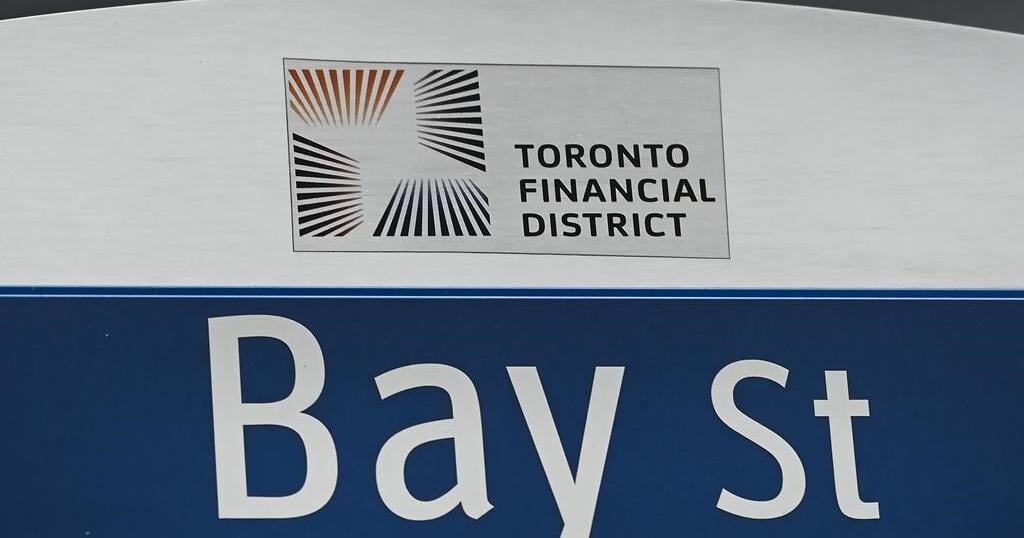Policy makers must move decisively, according to January’s Global Economic Prospects, and although it is already growing again following the 4.3 per cent contraction of 2020, the COVID-19 pandemic has caused “a heavy toll of deaths and illness, plunged millions into poverty, and may depress economic activity and incomes for a prolonged period”, said a press release issued by the World Bank – a key financial institution within the United Nations system.
Immediate policy priorities should now focus on controlling the spread of coronavirus and ensuring rapid and widespread vaccine deployment. “To support economic recovery, authorities also need to facilitate a re-investment cycle aimed at sustainable growth that is less dependent on government debt”, the Bank advises.
‘Formidable challenges’
“While the global economy appears to have entered a subdued recovery, policymakers face formidable challenges—in public health, debt management, budget policies, central banking and structural reforms—as they try to ensure that this still fragile global recovery gains traction and sets a foundation for robust growth”, said World Bank Group President, David Malpass.
“To overcome the impacts of the pandemic and counter the investment headwind, there needs to be a major push to improve business environments, increase labour and product market flexibility, and strengthen transparency and governance.”
Less severe contraction
The collapse in global economic activity in 2020 due to the onset of the pandemic, is estimated to have been slightly less severe than previously projected, mainly due to shallower contractions in advanced economies overall, and a more robust recovery in China, the forecast states.
However, for most emerging market and developing economies, the impact was more acute than expected.
“Financial fragilities in many of these countries, as the growth shock impacts vulnerable household and business balance sheets, will also need to be addressed”, said Vice President and World Bank Group Chief Economist, Carmen Reinhart.
Known unknowns
The variables in the near-term remain “highly uncertain” the World Bank warned, and a continuing rise in infections coupled with a delayed vaccine rollout, could limit global expansion this year to just 1.6 per cent.
“Meanwhile, in an upside scenario with successful pandemic control and a faster vaccination process, global growth could accelerate to nearly five per cent”, according to the press statement.
In the United States, GDP, or gross domestic product, is forecast to increase by around 3.5 per cent this year, after an estimated 3.6% contraction in 2020. In the Eurozone, output is anticipated to grow 3.6%, following a 7.4% decline in 2020. Activity in Japan, which shrank by 5.3% during 2020, is forecast to grow by 2.5% in 2021.
Aggregate GDP in emerging market and developing economies, including China, is expected to grow 5% in 2021, after a contraction of 2.6%, according to the World Bank prospects.
Near 8% growth forecast for China
China’s economy is expected to expand by 7.9% this year following 2% growth last year.
Excluding China, emerging market and developing economies are forecast to expand 3.4% in 2021 after a contraction of 5% in 2020. Among low income economies, activity is projected to increase 3.3% in 2021, after a contraction of 0.9% in 2020.
Debt concerns
The Prospects also examine how the pandemic has amplified risks around taking on increasing debt and its impact on long term growth.
“The pandemic has greatly exacerbated debt risks in emerging market and developing economies; weak growth prospects will likely further increase debt burdens and erode borrowers’ ability to service debt,” World Bank Acting Vice President for Equitable Growth and Financial Institutions Ayhan Kose said.
“The global community needs to act rapidly and forcefully to make sure the recent debt accumulation does not end with a string of debt crises. The developing world cannot afford another lost decade.”
Long-lasting effects
The pandemic is expected to leave long lasting adverse effects on global activity, the World Bank warns, with a likely slowdown in global growth stretching through the next decade, due to underinvestment, underemployment, and labour force declines in many advanced economies.
The global economy could be heading for a decade of “growth disappointments unless policy makers put in place comprehensive reforms to improve the fundamental drivers of equitable and sustainable economic growth”, said the World Bank press release.
Policy solutions
Policymakers need to continue to sustain the recovery, gradually shifting from income support to growth-enhancing policies, the World Bank said.
In the longer run, in emerging market and developing economies, policies to improve health and education services, digital infrastructure, climate resilience, and business and governance practices will help mitigate the economic damage caused by the pandemic, reduce poverty and advance shared prosperity, while in the context of reduced public spending and elevated debt, institutional reforms to spur organic growth are particularly important.
Source: – UN News
Source link
Related

























